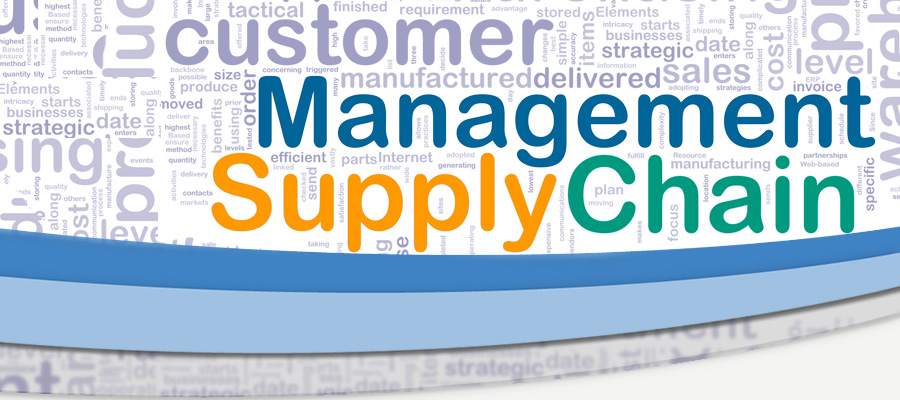
- Amazon and the extended supply chain
“Well, [Amazon] does have very strong supply chain and financing capabilities, and it knows a little something about managing information given that it has dominant share in the infrastructure as a service industry with Amazon Web Services … Amazon also knows how to sell its value to suppliers, to enable suppliers, to integrate them and to offer them tons of value-added services. The biggest of these services include inventory management and financing.”
https://spendmatters.com/2015/03/11/the-wonders-of-amazon-and-the-extended-supply-chain/
- Jaguar leverages supply chain to drive growth:
It is working in collaboration with government on automotive strategy. “We are going to grow the supply chain – we want new technologies to flow through. For example, he said: “We have a proving factory to take a prototype and work out the manufacturing steps to get it produced.”
http://www.supplychainstandard.com/2015/03/jaguar-harnesses-supply-chain-to-drive-growth/
- Reverse auctions draw criticism in Capitol Hill:
Both Gordon and the Government Accountability Office see potential in reverse auctions to drive down agency costs, and promote contracting competition. But after five years of increased reliance on the tactic, as of 2013 “the potential benefits … had not been maximized by the agencies” that use them, reported GAO.
http://www.federalnewsradio.com/517/3823322/Reverse-auctions-draw-strong-criticism-on-Capitol-Hill
- Innovation and supply chain remain key for Nike:
http://www.just-style.com/analysis/innovation-and-supply-chain-remain-key-for-nike_id124712.aspx?utm_source=article-feed&utm_medium=rss-feed&utm_campaign=rss-feed - The five ingredients of ‘the whole enchilada’ of supply chain sustainability
The idea of category management and working with suppliers over a longer term is not new. I was doing it in the oil and gas sector in the 1990s and Japanese industries were doing it long before this. Incorporating sustainability is a bit harder because it is a complex and ever-changing subject which needs some knowledge from the buyer and for them to be properly advised by competent internal or external experts, which are in short supply.

